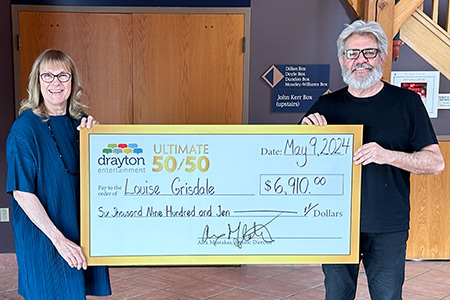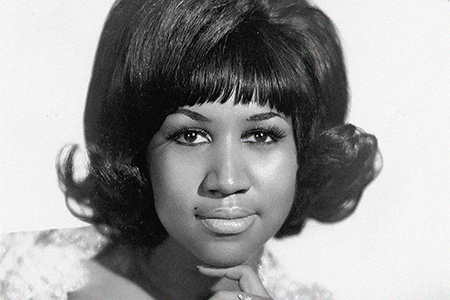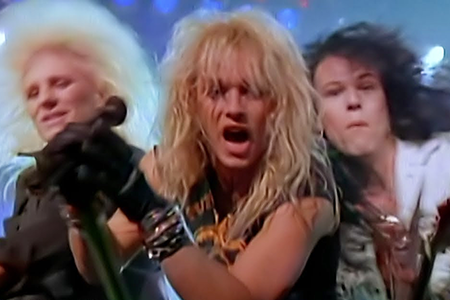Legendary Broadway musical Fiddler on the Roof balances tradition with the push for change
December 12, 2023
Nearly 60 years after it first opened on stage, the iconic musical's themes of tradition and belonging continue to resonate with audiences.
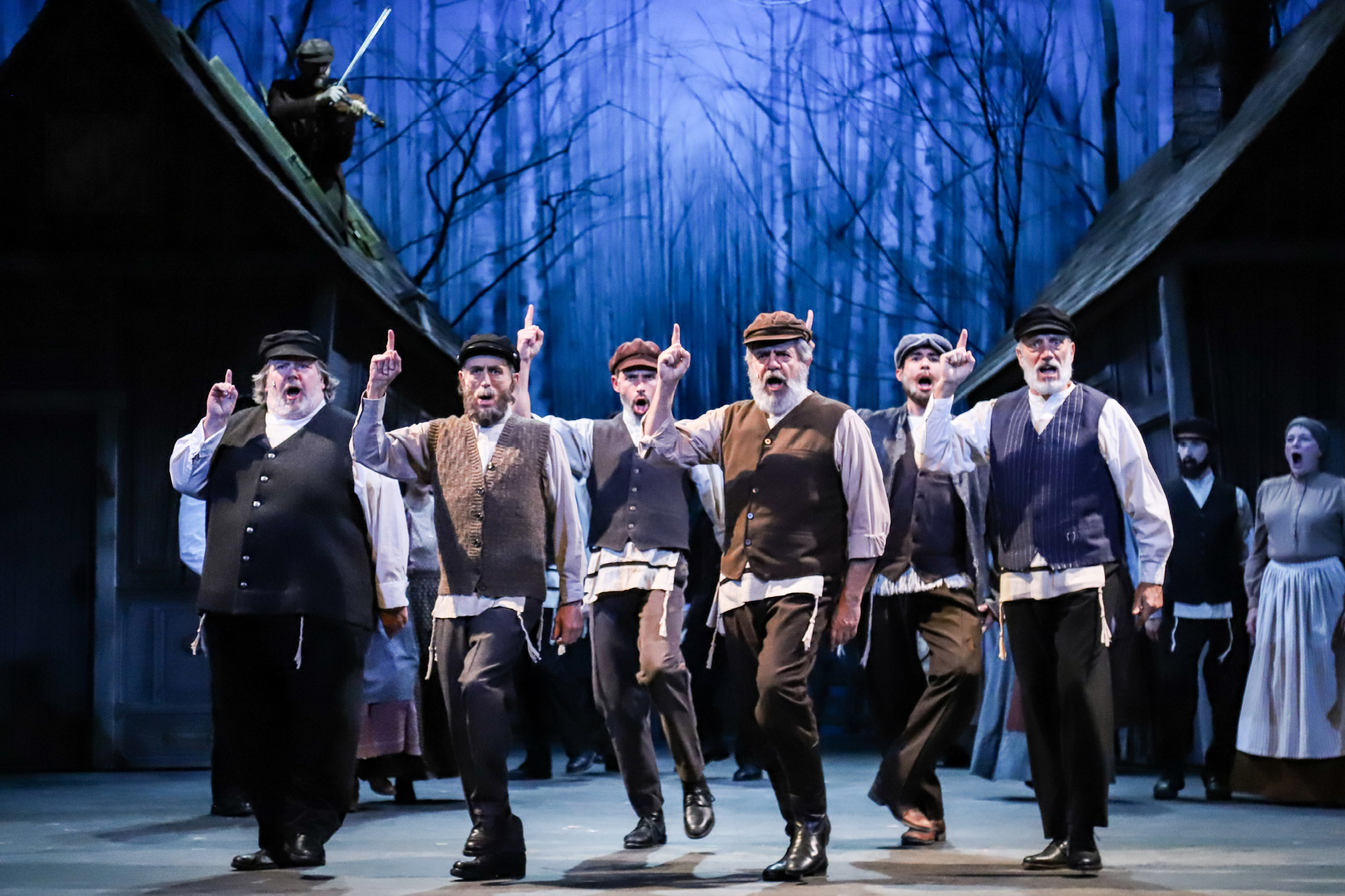
Company in Fiddler on the Roof, Drayton Entertainment, 2023 Season. Directed & Choreographed by Lisa Stevens; Music Direction by Konrad Pluta; Set Design by Douglas Paraschuk; Lighting Design by Kevin Fraser; Sound Design by Allan McMillan; Costume Coordinator Jenine Kroeplin; Stage Manager Paul Pembleton; Assistant Stage Managers Stephanie Bignell and Frances Johnson; Associate Director/Choreographer Matthew Rossoff; Photography by Jenni Grandfield.
Miracle of miracles! A celebration of traditions old and new is coming to Hamilton Family Theatre Cambridge this holiday season, with one of the greatest musicals of all time, Fiddler on the Roof. The family favourite will be on stage from November 29 to December 24.
With its core themes of hope and acceptance, the show is based on a series of short stories by Sholem Rabinovich, who wrote under the pen name Sholem Aleichem, which means “peace be unto you” in Hebrew.
Fiddler is the tale of Tevye, a humble milkman whose life is governed by strict traditions. Those values are challenged when he selects suitors for his daughters and discovers that they're determined to marry for love instead.
During a time of social awakening across the world, he and his community in the fictional Russian shtetl (village) of Anatevka try to reconcile their customs with the dreams of a younger generation that wants more independence.
“Well, somebody has to arrange the matches. Young people can’t decide these things for themselves,” says Tevye’s second-eldest daughter, Hodel, as she mocks the use of a matchmaker for marriages.
Perchik, a visiting student from the city of Kiev, observes, “Girls should learn, too. Girls are people.”
“A radical!” responds the rabbi’s son, Mendel.
Tevye: Traditions, traditions – without our traditions, our lives would be as shaky as…as a fiddler on a roof!
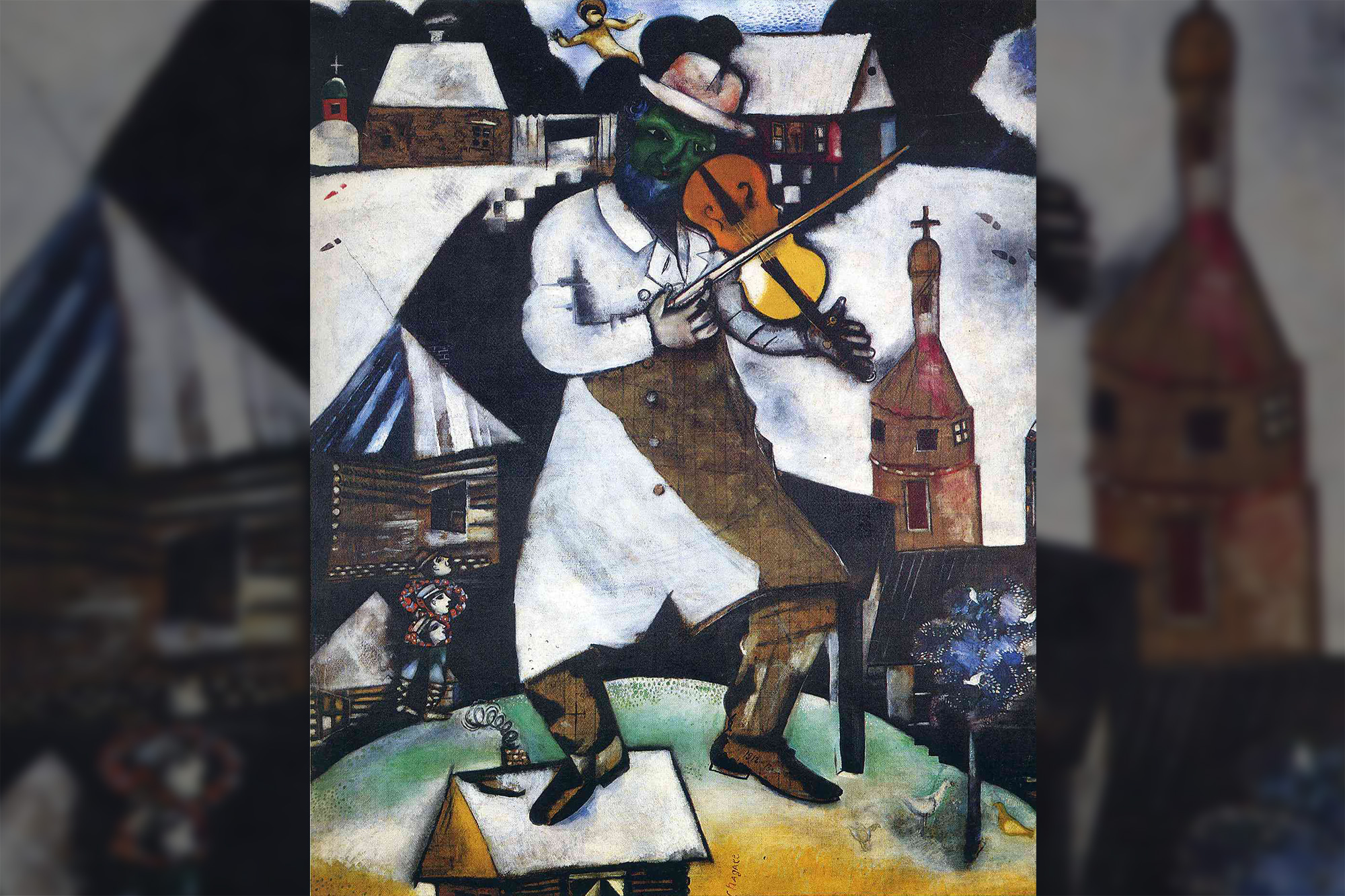
Marc Chagall's 1913 painting "The Fiddler" was the inspiration for the title of the world-famous musical.
The show's creators, Jerry Bock, Sheldon Harnick and Joseph Stein, found inspiration for its title in a 1913 painting by Russian-Jewish modernist Marc Chagall called “The Fiddler”, which shows a violinist playing on a shtetl rooftop.
Fiddler opened on Broadway in 1964 and ran for a record-breaking 3,242 performances. It won nine Tony Awards, including best musical, best score, and best choreography, and an Oscar-winning movie adaptation followed in 1971.
Featuring an unforgettable score full of classic songs like “Matchmaker, Matchmaker,” “If I Were A Rich Man,” “Sunrise, Sunset” and “Tradition,” it has a reputation as one of the most acclaimed musicals in the history of North American theatre.
Fiddler on the Roof has been praised for highlighting the displacement of Russian Jews, many of whom settled in Western Europe, the United States and Canada.
It continues to appeal to audiences across the world because its themes of tradition and belonging resonate widely, taking the show beyond the confines of being just a Jewish story.
In his review of the original Broadway production, theatre critic Norman Nadel noted, “You don’t have to be Jewish to love Tevye.”
Chava: The world is changing, Papa!
Tevye: No! No. Some things do not change for us. Some things will never change.
Both the musical and the movie became phenomena during a time of global cultural transformation. When it opened on stage – less than two decades after the Holocaust – Fiddler portrayed people who were secure in their own identity, and it was one of the first musicals to depict a culture that was unfamiliar to many people. It was also an opportunity for American Jews to revisit their roots.
Aleichem’s original stories present Tevye as a tragic character who is trying to hold on to his Jewish traditions while facing intolerance and generational change. In the musical, the universality of those struggles transcends borders and cultures, and while Fiddler on the Roof does depict scenes of religious persecution, it also offers audiences hope for a better future.
Tevye and Lazar: To life, to life, l'chaim!

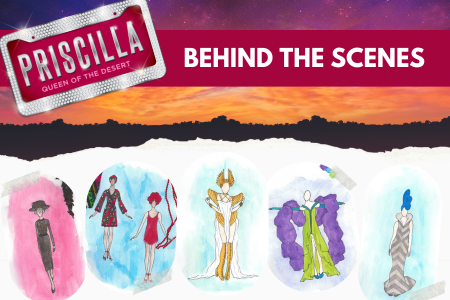

.png)

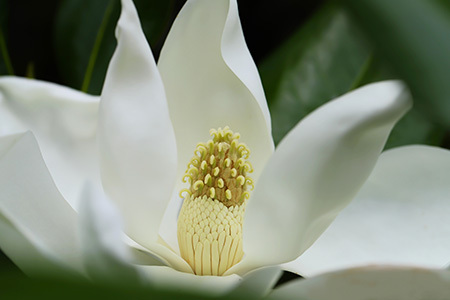
.png)
